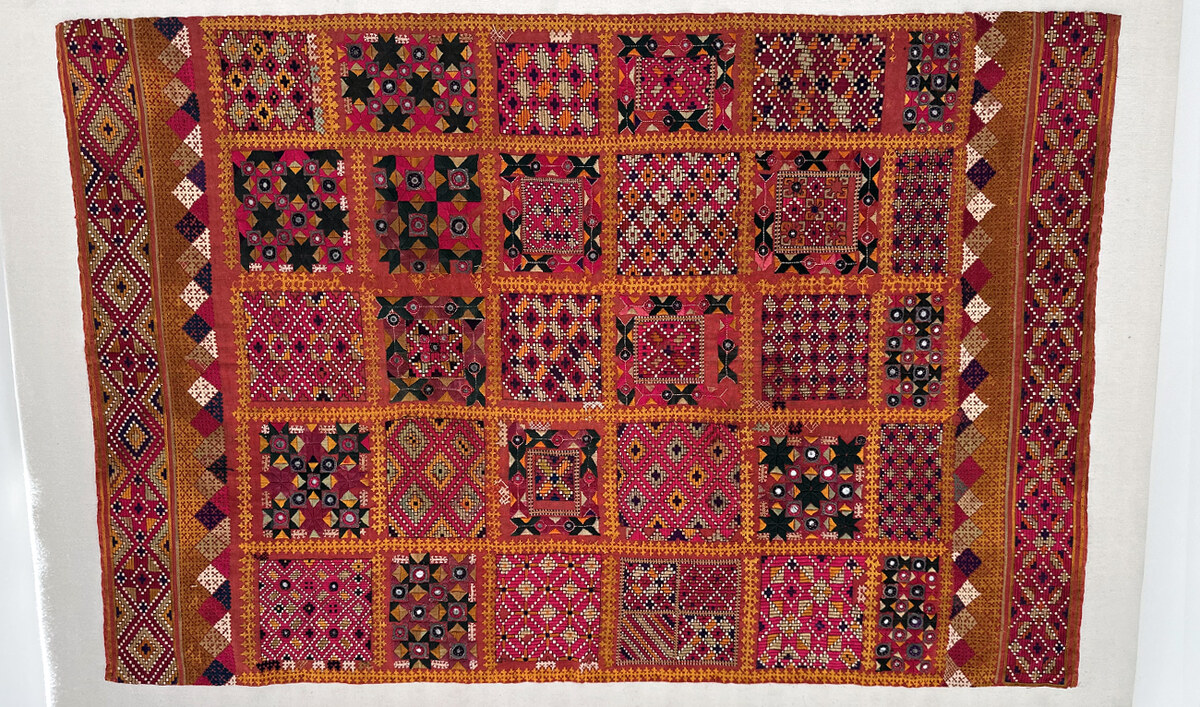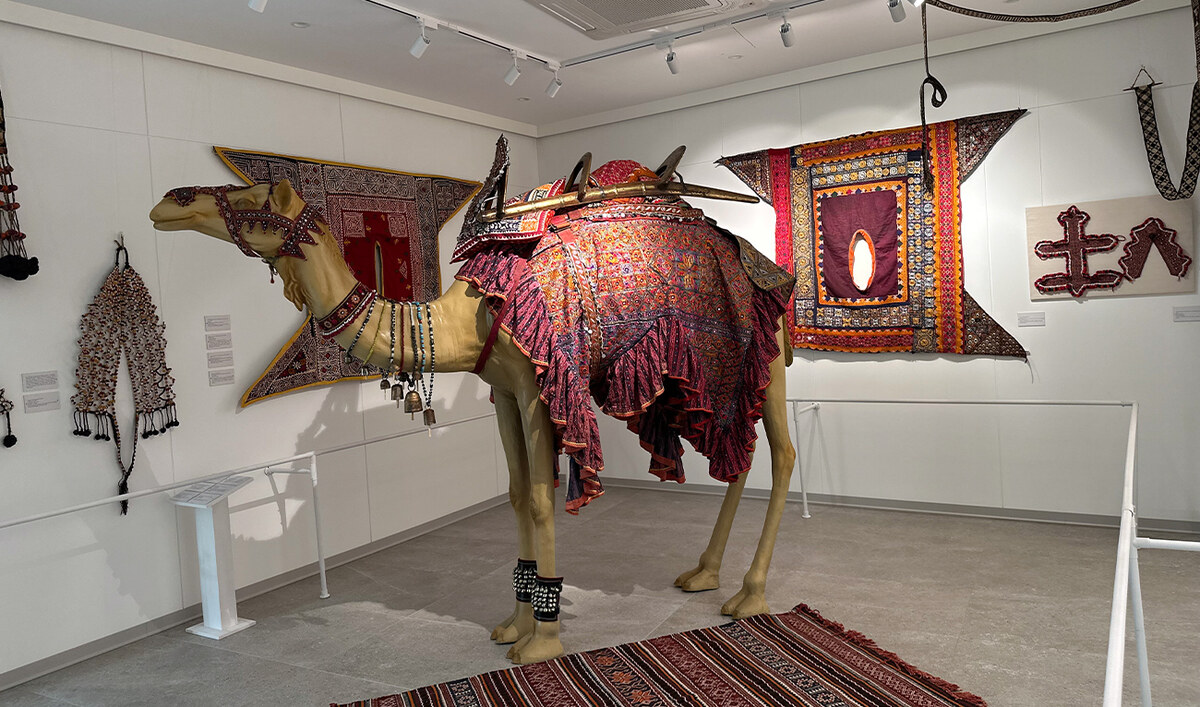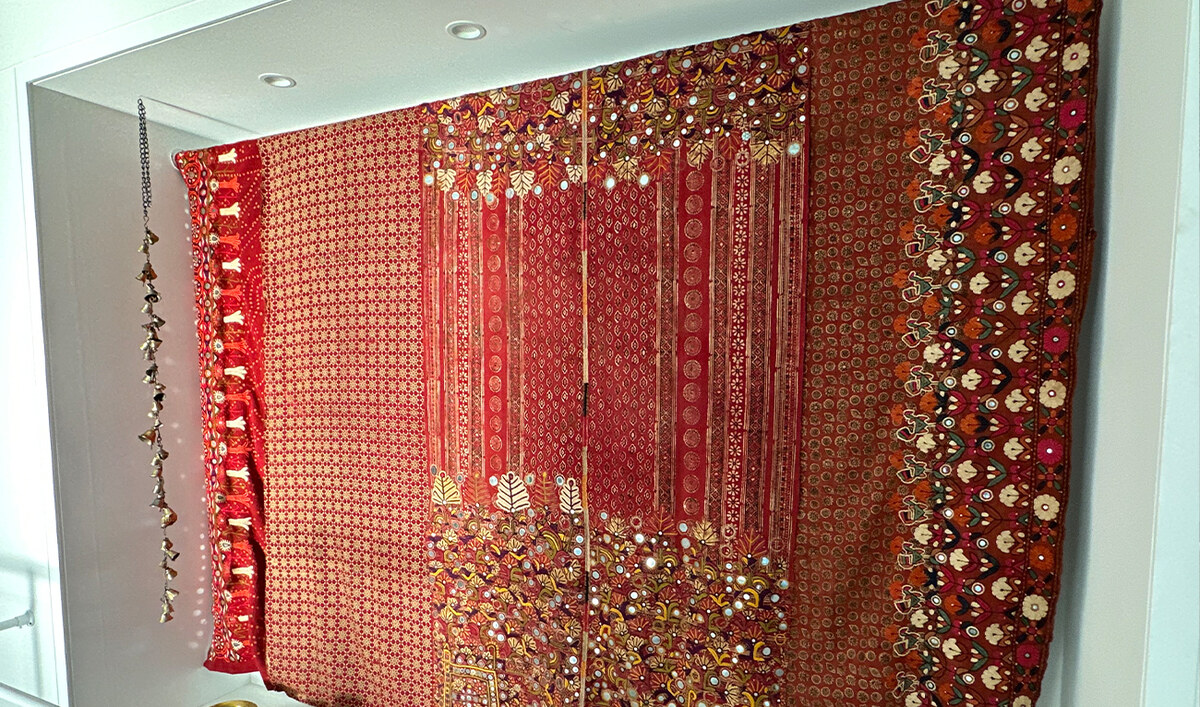QUETTA: The Pakistan army said on Saturday 18 security forces had been killed while trying to thwart an “act of terrorism” in the country’s insurgency-plagued Balochistan province, while 23 militants had been killed in clearance operations following the attack.
The incident took place in Kalat district’s Mangochar town on the night between Friday and Saturday when militants attempted to establish roadblocks in the area, according to the Inter-Services Public Relations (ISPR), the army’s media wing. The banned Baloch Liberation Army (BLA), one of the most prominent separatist groups operating in the southwestern province, claimed responsibility.
“Security Forces and Law Enforcement Agencies were immediately mobilized, who successfully thwarted the evil design of terrorists,” ISPR said. “However, during the conduct of operations, eighteen brave sons of soil, having fought gallantly, made the ultimate sacrifice and embraced shahadat.”
In a second statement, the army said it had conducted several “sanitization operations” following the Kalat attack, killing 23 militants.
While the army did not specify which forces the 18 soldiers belonged to, government officials in Balochistan told Arab News they included 17 soldiers and one Frontier Corps trooper.
Deputy Commissioner Kalat Bilal Shabbir said the attacks took place in the Pidrang, Khazeni and Mangochar Bazaar areas of Kalat.
In one incident, a van carrying 17 soldiers from Panjgur to the provincial capital of Quetta was targeted near Khazeni, killing onboard.
In another incident, one member of the FC force was killed in clashes with militants while three FC personnel were injured, Shabbir said, adding that militants also set a private bank on fire in Mangochar Bazaar.
“The bodies of the slain soldiers were shifted to Quetta,” Shabbir said.
The BLA claimed responsibility for the attacks, saying it had captured a Pakistan security forces camp in Mangochar. Arab News could not independently verify the claim.
Assistant Commissioner Mangochar Ali Gul Hassan said two civilians were separately injured when a Quetta-Karachi passenger bus was sprayed with bullets in Mangochar bazaar. Security forces subsequently took control of the area.
“Security forces have completed the clearance operation in the area during the early hours of Saturday and the Quetta-Karachi highway (N-25) is open for traffic,” Hassan told Arab News.

A handout image released by Balochistan Levies on February 1, 2025, shows a bank damaged in an overnight attack by separatist militants in the town of Mangochar, located in Balochistan’s Kalat district. (Photo courtesy: Balochistan Levies)
BALOCHISTAN INSURGENCY
Balochistan, Pakistan’s largest province by landmass and rich in mineral resources, has long faced a low-level insurgency led by separatist groups like the BLA, who accuse Islamabad of exploiting the province’s natural resources while neglecting the local population.
Pakistani governments have for decades denied these allegations, saying they have prioritized Balochistan’s development through investments in health, education and infrastructure projects.
The BLA has emerged as a significant security threat in recent months, carrying out major attacks in Balochistan and other parts of Pakistan and targeting security forces, ethnic Punjabis they consider outsiders in Balochistan, as well as Chinese interests and nationals working on investment projects.
Over 50 people, including security forces, were killed in August last year in a string of attacks in Balochistan claimed by the BLA. Last month, dozens of fighters of the separatist outfit gained control of a small town in Khuzdar for hours. They snatched weapons and vehicles from the local Levies paramilitary force and set the Levies station on fire.
Violence by Baloch separatist factions, primarily the BLA, killed about 300 people last year, according to official statistics, marking an escalation in the decades-long conflict.
Recent attacks on Chinese interests, including one in October 2024 in which two Chinese workers were killed in a suicide bombing in the Pakistani port city of Karachi, have forced Beijing to publicly criticize Pakistan and slowed work on the joint multi-billion-dollar China-Pakistan Economic Corridor (CPEC).




















